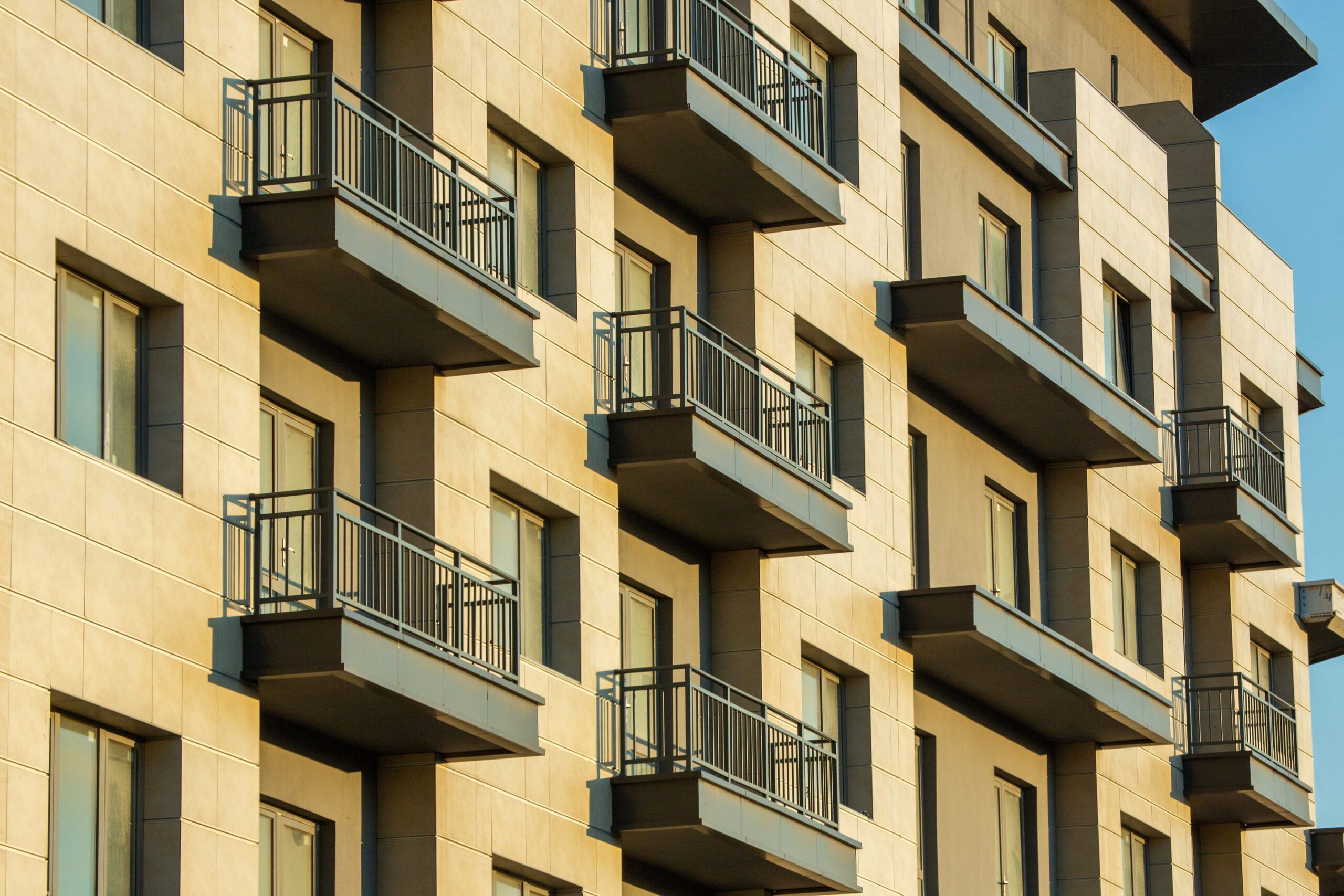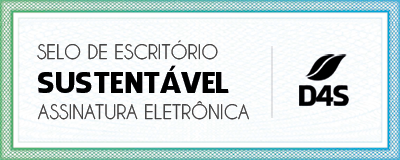
How to Avoid Problems When Renting a Property in Portugal: What You Should Know
Renting a property in Portugal may seem simple, but many foreigners, both during the visa process and after arriving in the country, end up making rash decisions that result in financial losses.
The Portuguese rental market has several nuances that need to be analyzed carefully to avoid future problems. In this article, we’ll cover the main points you should consider when renting a property in Portugal, helping you to avoid pitfalls and guarantee a secure contract.

1. Lease Agreement: Read and Understand All Terms
The rental contract is the document that formalizes the agreement between tenant and landlord, and should be very clear about the rights and duties of both parties.
- Clarity and detail: Make sure that all the details are clearly defined, such as the amount of rent, payment date, duration of the contract, and conditions for renewal or termination. Avoid vague contracts that only refer to Portuguese law without explaining the rules in the contract itself. If you don’t speak Portuguese, ask for a bilingual contract to make sure you understand all the terms.
- Registration and Validity: A long-term lease must be registered to be legally valid. Also, check that the owner has the necessary documentation to rent the property. A lawyer can help you confirm that the property is legalized, has an energy certificate, is free of liens or debts, and carry out thorough due diligence.
- Property inspection: Ask for the property to be inspected before signing the contract. A lawyer can check that the property matches the photos sent and that there are no hidden problems that can be checked beforehand. It is also wise to attach photos to the contract to ensure that the property is returned in the same condition as it was delivered, without unreasonable demands.
2. Rent and Additional Costs
Before signing the contract, make a careful analysis of the rent and the additional costs that may arise.
- Rental Value: Compare the rental value with other similar properties in the area, using tools such as Idealista. Make sure you’re paying a fair price and that the rent is within your financial capacity.
- Rent increases: Check how and when the rent can be increased, and whether these conditions are in accordance with the law. This is a point that must be clearly specified in the contract.
- Additional Expenses: Know who will be responsible for paying the water, electricity, gas, condominium and other charges. These expenses should be clearly detailed in the contract to avoid surprises.
3. Property Condition: Detailed Inspection
One of the biggest mistakes when renting a property is not carrying out a full inspection before signing the contract.
- Prior Inspection: Visit the property and check the condition of the electrical installations, plumbing, paintwork, furniture (if furnished), and appliances. Any problems identified should be resolved or described in the contract.
- Inventory: Ask for a detailed inventory of the goods that will remain in the property, such as furniture and appliances, and document the state of repair of each item.
- Maintenance and repairs: Clarify who will be responsible for maintaining the property and for repairs, especially in the case of small problems. Small repairs are usually the responsibility of the tenant, but this should be clearly stated in the contract.
- Forms of communication: Be aware of the formalities for communication set out in the contract. In everyday life, facilitated communication can work, but when it comes to resolving critical situations, the parties will always enforce what is written.
4. Rights and Duties of Both Parties
It is essential to know both your rights as a tenant and the landlord’s duties.
- Tenant Rights: As a tenant, you have the right to privacy, decent housing and not to be evicted without just cause. Portuguese law protects tenants in many circumstances, but it’s important to know about these protections.
- Tenant Duties: These include paying the rent on time, keeping the property in good condition and respecting the condominium rules.
- Rights and Duties of the Landlord: The landlord has the right to receive the rent as agreed and to demand that the property be returned in the condition in which it was handed over. In return, they must keep the property habitable and respect the tenant’s privacy.
5. Legality and documentation
Make sure that the property complies with all legal obligations and that the documentation is in order.
- Housing license and legal documents: Check that the property has a habitability license, land registry and energy certificate. These documents guarantee that the property can be legally rented and that it complies with safety standards.
- Owner’s authorization: Confirm that the person you are dealing with has legal authorization to rent the property. If the property belongs to a couple, both spouses must sign the contract. If it is a company, the representative must present a document proving that they have the necessary powers to carry out the act.
6. Security and rental insurance
The security of the property and the existence of insurance can prevent future problems.
- Security conditions: Check the condition of locks, doors, windows and security systems. If the property has gas, make sure the inspections are up to date.
- Rental Insurance: Although it is not compulsory, it can be interesting to take out rental insurance to cover damage to the property or to third parties. It may even be a requirement of the landlord.
7. Deposits and Income Anticipation.
The security deposit is a common practice in lease agreements, but it should be treated with caution.
- Deposit: The owner can request a deposit to cover any damage to the property. Normally, this amount is equivalent to one to three months’ rent, but there is no limit imposed by law. Make sure that the return conditions are described in the contract and analyze the risk of making this deposit in advance and only receiving any refund at the end of the contract.
- Advance Rents: To avoid problems with the eventual return of the deposit, prefer to pay advance rents, which can be offset in the first or last months of the contract, as stated in the contract. Be aware that the law establishes that the maximum required is the equivalent of three months.
8. Condominium rules and coexistence
If the property is part of a condominium, it is essential to know the rules for using the common areas.
- Condominium rules: Familiarize yourself with the condominium rules, including quiet hours, use of common areas and pet policy.
- Neighborhood: Before renting, assess how you get on with your neighbors and the atmosphere in the area. A visit at different times may reveal noise or security problems that you didn’t initially notice.
9. Contract Renewal and Termination
Understand the renewal and termination conditions before signing the contract.
- Automatic Renewal: Check whether the contract provides for automatic renewal and under what conditions.
- Early Termination: Make sure that the rules for early termination are clear to both the tenant and the landlord.
10. Communication with the owner
Maintaining good communication with the landlord can prevent many problems during the lease.
- Access and Availability: Check that the property owner or manager is accessible and responds promptly to your questions. Send important communications by e-mail and/or registered letter.
- Conflict resolution: Discuss in advance how any conflicts will be handled and maintain cordial communication throughout the duration of the contract.

Final considerations
Renting a property in Portugal requires attention to several factors to avoid future problems. From reviewing the contract to checking the documentation, every detail is crucial to ensuring that the lease is safe and advantageous. Working with a specialized lawyer can help you protect your rights, carry out thorough due diligence and avoid unpleasant surprises.
If you are considering renting a property in Portugal, get in touch with us. We can help you navigate the whole process safely and efficiently, ensuring that you don’t fall into any traps and have your expectations dashed.



